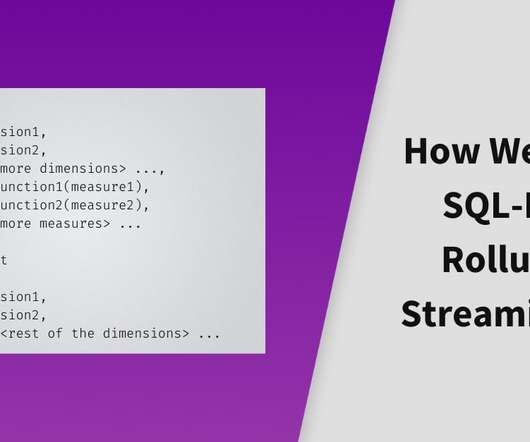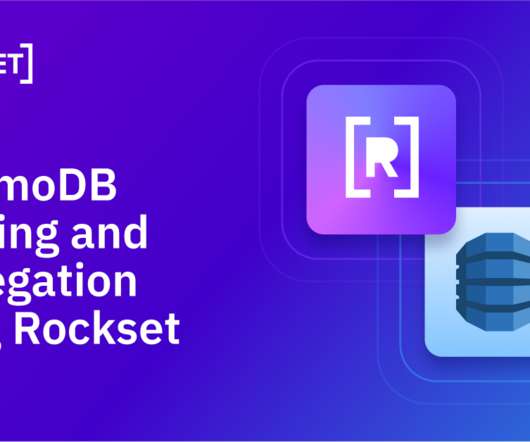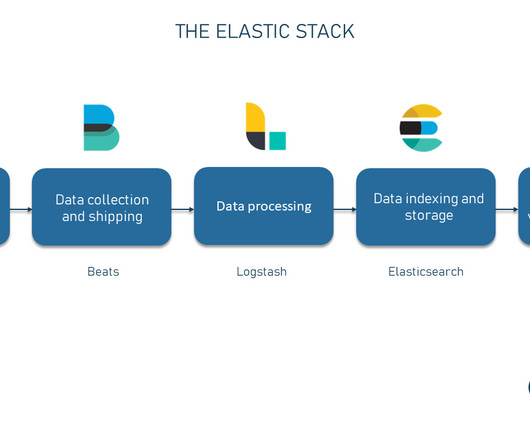How Rockset Enables SQL-Based Rollups for Streaming Data
Rockset
AUGUST 30, 2021
Apache Kafka has made acquiring real-time data more mainstream, but only a small sliver are turning batch analytics, run nightly, into real-time analytical dashboards with alerts and automatic anomaly detection. But until this release, all these data sources involved indexing the incoming raw data on a record by record basis.












Let's personalize your content